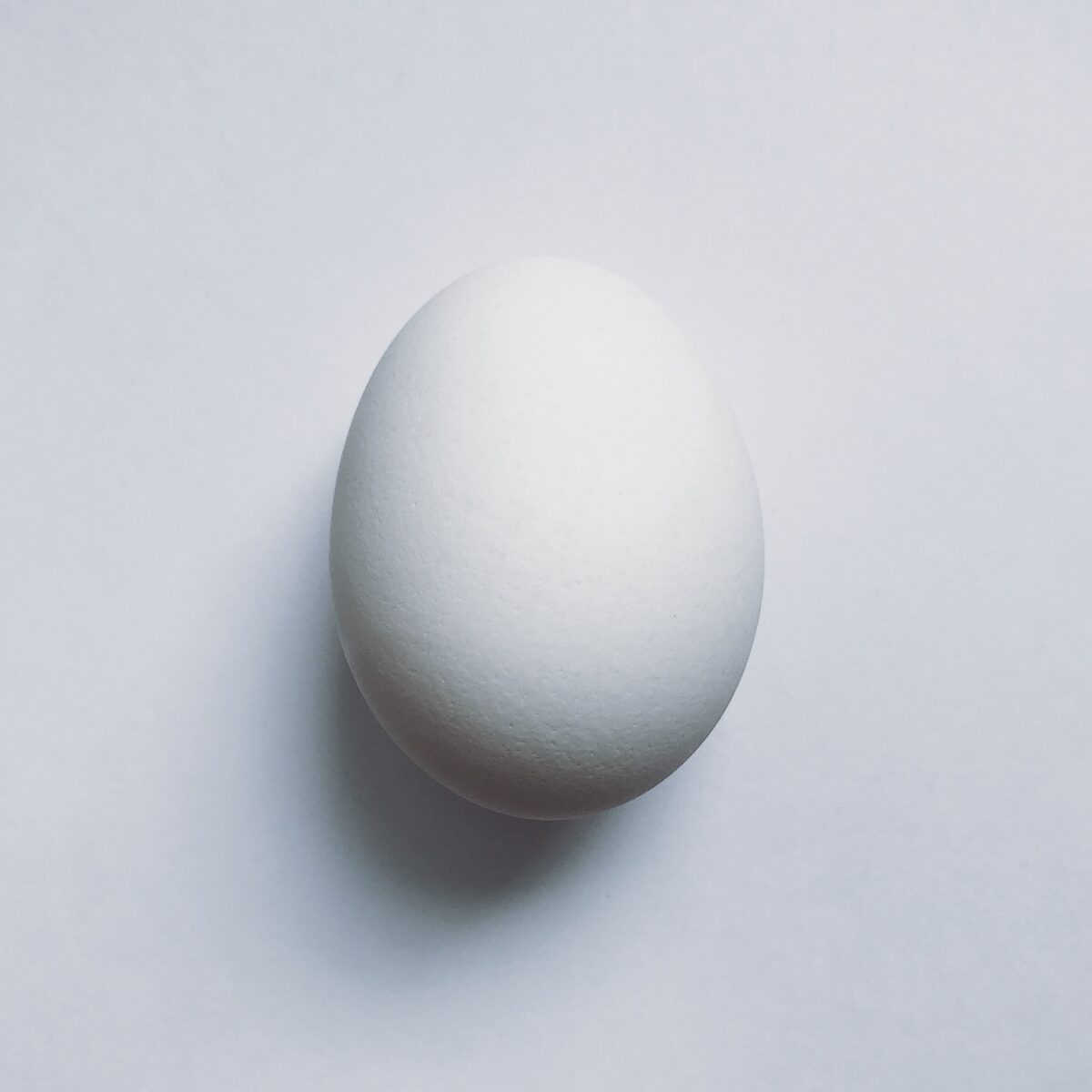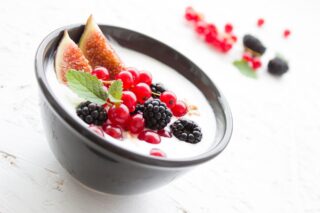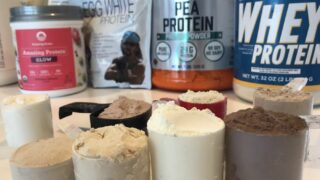
The Power of Protein in Your Fitness Journey
Protein is crucial for anyone looking to build muscle, recover faster, and stay strong. Yet, many fitness enthusiasts struggle to get enough protein without taking in too many calories. This blog will guide you on how to maximize your protein intake while keeping your calorie count in check. Ready to learn how? Let’s get started!
Understanding Protein Density
What is Protein Density?
Protein density is all about how much protein you get per calorie. Foods with high protein density provide more grams of protein relative to their calorie content. This concept is essential for those keen on building muscle without gaining unwanted fat.
Why It Matters
Getting more protein with fewer calories means you can optimize your diet for muscle growth and recovery without over-consuming calories. This balance is key to achieving a lean and fit physique, which is often the goal for fitness enthusiasts.
How to Calculate Protein Density
Calculating protein density is simple. Just divide the grams of protein in a food item by its total calories. The higher the number, the more protein-dense the food is. For example, a chicken breast with 30 grams of protein and 150 calories has a protein density of 0.2.

High-Protein, Low-Calorie Foods
Egg Whites
Egg whites are nearly pure protein, with minimal calories. One large egg white offers about 3.6 grams of protein for just 17 calories. They are versatile and can be added to many dishes.
Greek Yogurt
Greek yogurt is another excellent choice. A 6-ounce serving provides around 15 grams of protein and only about 100 calories. Opt for the plain, non-fat variety to avoid added sugars.
Chicken Breast
Skinless, boneless chicken breast is a staple for anyone serious about their protein intake. A 3-ounce serving offers 26 grams of protein at just 128 calories. Grill or bake it for a healthy, nutrient-packed meal.
Cottage Cheese
Low-fat cottage cheese is both delicious and nutritious. A half-cup serving contains 14 grams of protein and around 80 calories. Enjoy it alone or mix it with fruits for a balanced snack.
Fish
Lean fish like cod, tilapia, and haddock are packed with protein and low in calories. A 3-ounce serving of cod has about 15 grams of protein and only 70 calories, making it an excellent choice for dinner.

Protein Supplements
Why Use Protein Supplements?
For those who can’t meet their protein needs through diet alone, protein supplements can be a lifesaver. They are convenient, quick, and often more affordable than constantly buying high-protein foods.
There are various types of protein supplements, including whey, casein, and plant-based options. Whey protein is popular for its quick absorption, making it ideal post-workout. Casein digests slower, providing a steady release of amino acids. Plant-based proteins like pea or hemp are excellent for those with dietary restrictions.
How to Use Them Effectively
To make the most out of protein supplements, use them to fill gaps in your diet. For example, if you find it hard to eat enough protein at breakfast, a morning shake can help. Also, consuming a protein shake post-workout can expedite muscle recovery and growth.
Recipes and Meal Ideas
Protein Pancakes
Start your day with protein pancakes made from egg whites, oats, and a scoop of protein powder. They are filling and provide a massive protein boost without excessive calories.
Grilled Chicken Salad
For lunch, enjoy a grilled chicken salad with leafy greens, cherry tomatoes, and a sprinkle of feta cheese. This meal is not only high in protein but also packed with essential vitamins and minerals.
Greek Yogurt Parfait
A Greek yogurt parfait with berries and a few nuts makes for a perfect snack. It’s both delicious and rich in protein, ensuring you stay full longer.
Baked Fish with Veggies
Dinner could be baked fish served with a side of steamed vegetables. This meal is light, nutritious, and high in protein, making it perfect for anyone aiming to stay lean and fit.
For more recipes Click Here
Balancing Protein with Other Macronutrients
Carbohydrates
While protein is vital, carbs should not be neglected. They provide the energy needed for intense workouts. Opt for complex carbs like whole grains, fruits, and vegetables.
Fats
Healthy fats are essential for hormone production and overall health. Include sources like avocados, nuts, and olive oil in your diet.
Hydration
Lastly, don’t forget to stay hydrated. Water is crucial for all bodily functions, including muscle recovery and protein synthesis.
The Importance of Protein Density
Achieving your fitness goals isn’t just about cutting calories or lifting heavier weights; it’s about making smarter nutritional choices. By focusing on protein-dense foods and supplements, you can build muscle, enhance recovery, and maintain a lean physique more efficiently.
Join the Conversation
We hope this guide helps you make informed choices about your protein intake. Do you have any high-protein, low-calorie recipes you love? Share them with us and join the conversation with fellow fitness enthusiasts!
For more articles on Protein Click Here


